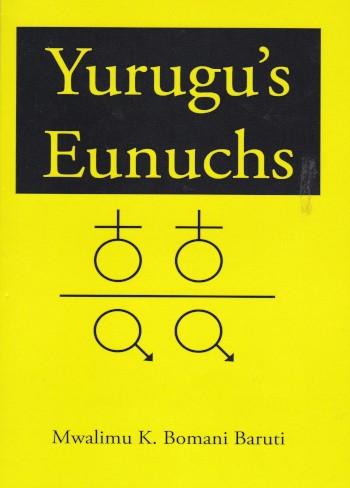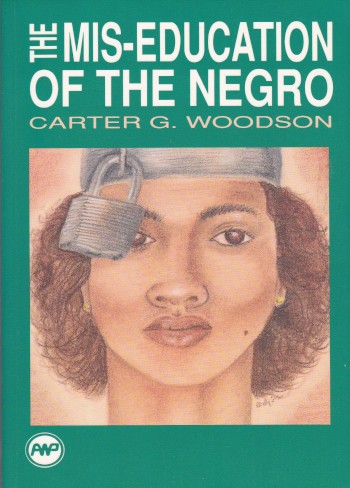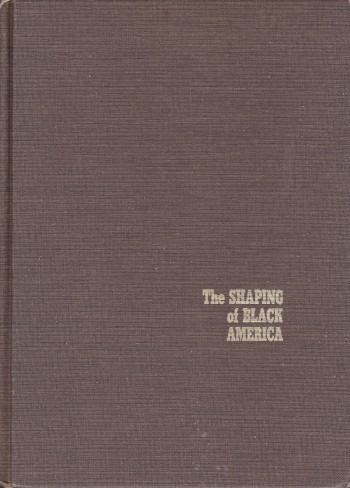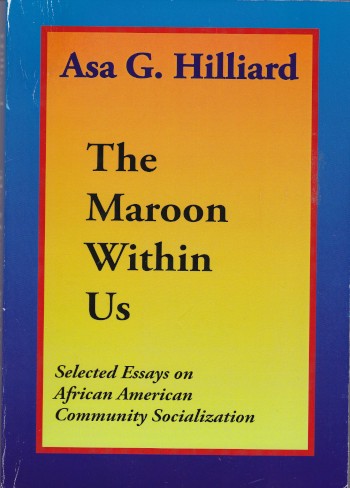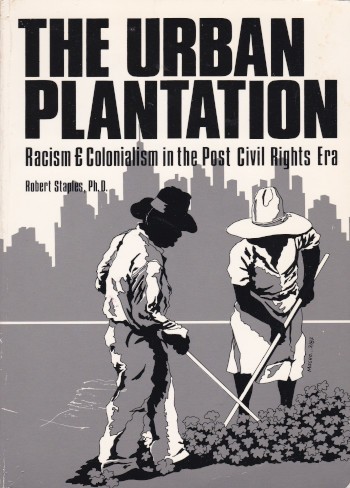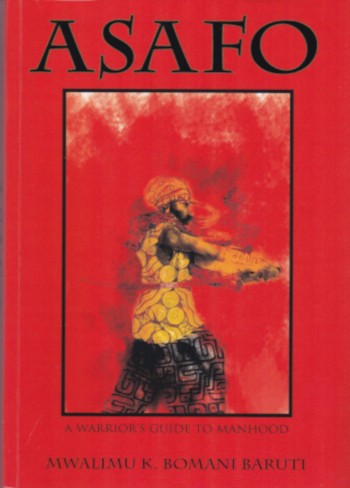
Asafo is an in-depth Afrikan centered discussion of the requirements of Afrikan manhood. In it, Mwalimu Baruti clearly lays out African sources of power and the tools that must be acquired, mastered and used if we are to reclaim our correct role as warrior scholars in the battle to provide safe, sacred and empowering spaces for our families and communities. It gives specific consciousness raising guidelines for our nationbuilding effort, weeding out those compromising ideas and forces which have kept us confused over whether we want to be powerful or just influential in this world. Take for example Baruti’s critique of proper child rearing which should be designed to instill a sense of internal discipline in our would-be future warriors:
Self-esteem is a function of self-activation and practice versus constant, often gratuitous, praise from others…The child who comes to feel good about self because every successful and/or unsuccessful little thing/effort is applauded and/or rewarded comes to depend on that praise and/or those things for ego gratification. His esteem is dependence based. When those transitory supports are given less easily and frequently as the child ages, the drive to independently work toward success fades with them (pg.137).
This book is a very important tool in Afrikan men’s efforts to help ReAfrikanize our people. As the table of contents indicates, there is a strong emphasis on building functional educational institutions, developing a dynamic sense of group-consciousness through elevating one’s self-consciousness, male rites of passage programs and a warrior’s mental preparation. Not only does Baruti meticulously and veraciously layout the bona fide objectives of our would-be African warriors, but also details the strategies to employ for the implantation of these objectives. Heed his aplomb regarding the blueprint that our would-be warriors should follow as it concerns defending our community:
These military nationbuilding efforts clearly indicate that the need remains for an exclusive “secrecy” in the political activities of conscious Afrikans. We are not talking about a public secrecy. A conspicuous secrecy where we “have to be seen” (because we are spoiled into needing to be at the center of everybody’s attention and/or have such low self-esteem that we need public applause). It is not secret if everybody knows you are secretly doing something revolutionary. That naturally leads to failure when the enemy is constantly studying you for signs of rebellion. We are discussing a genuine covertness, where only you and other intimately connected Asafo are aware of your nationbuilding work. We have seen that public secrecy is the road to infiltration and destruction. Therefore, organizing in the enemy’s camp requires absolute, uncompromised secrecy. It requires an absolute trust between those holding the secret. It requires the operation of independent cells. We must believe and know that there are already warriors who consciously operate with military intent without being driven by the desperate need to be seen. Those able must begin to contribute to this developing underground movement (pg.184).
In addition, we are taken through the difficult process of being merely other-directed, apathetic, individual consumers to powerful, mission-directed men in thought, word and deed. Asafo closes with an extensive collection of revolutionary quotes that specifically work to define, direct and heal every Afrikan man’s warrior scholar spirit.



